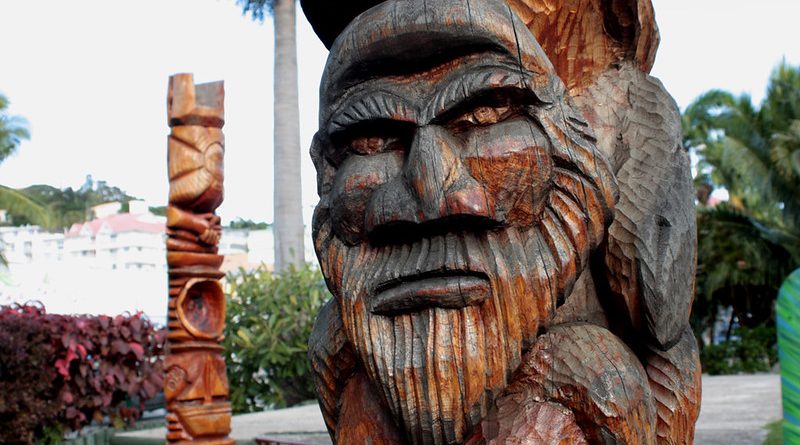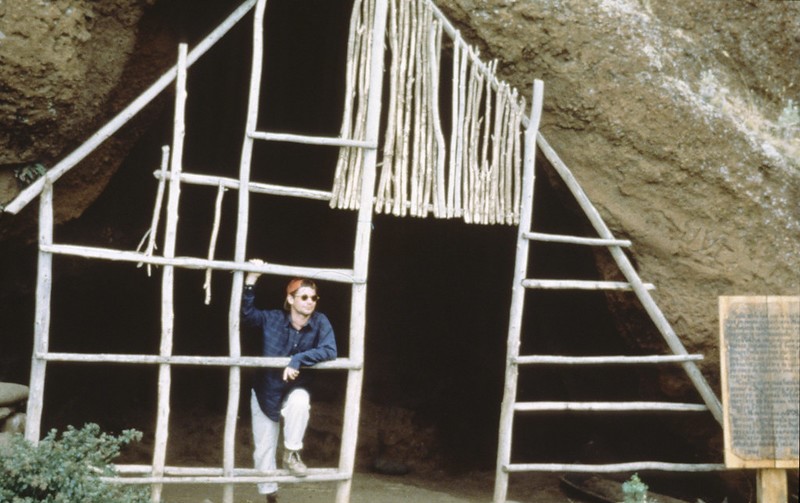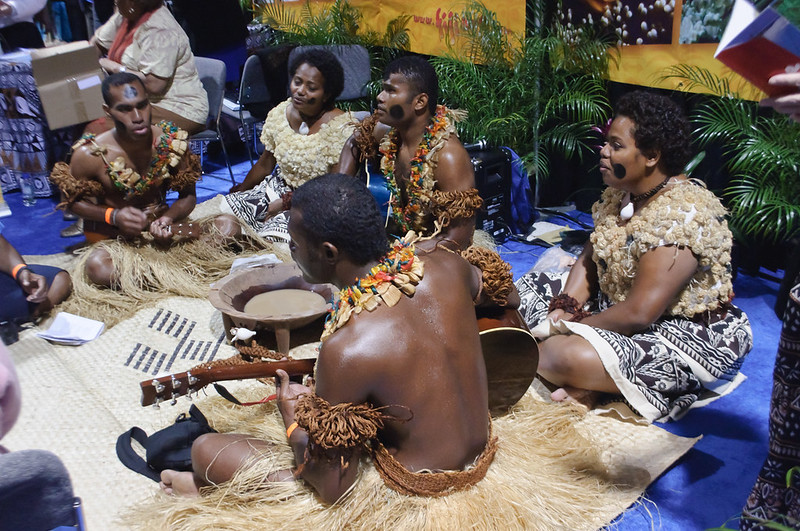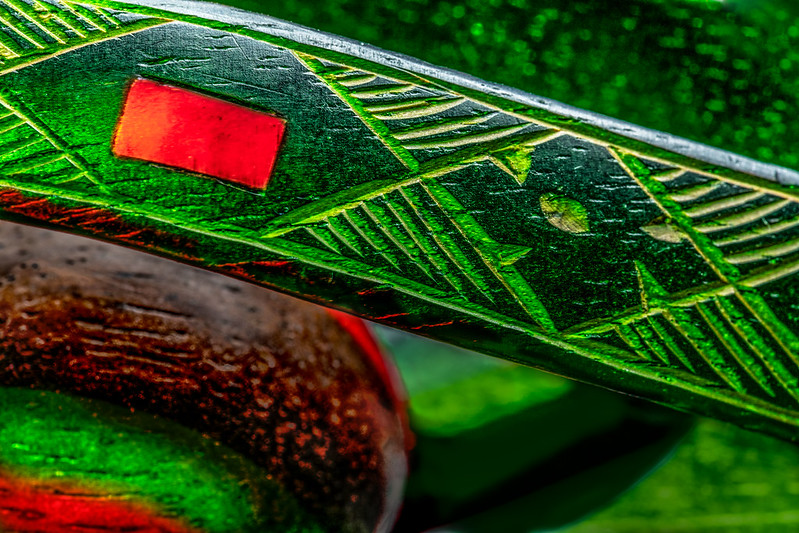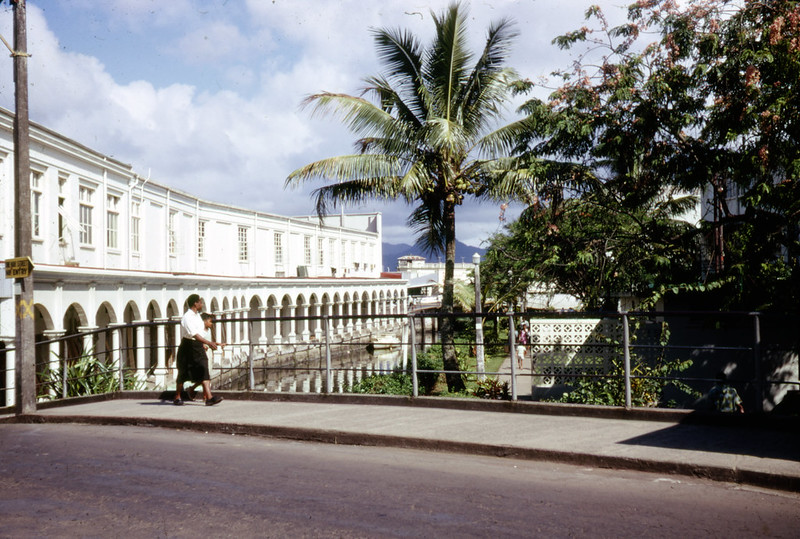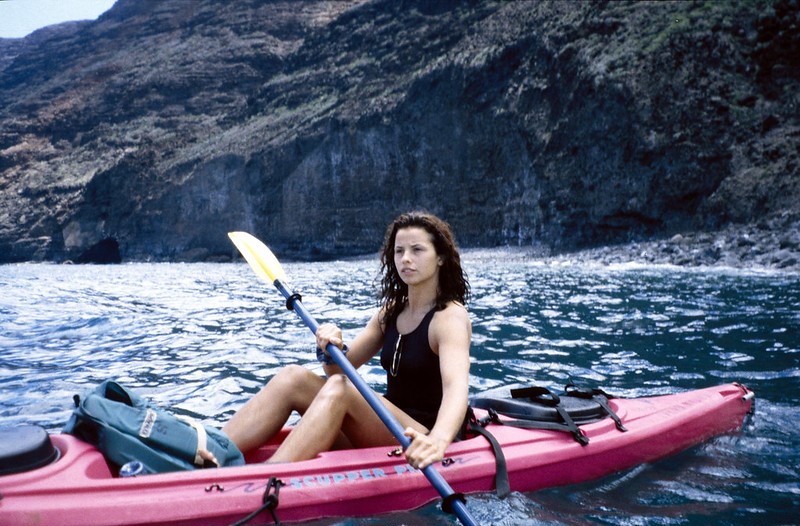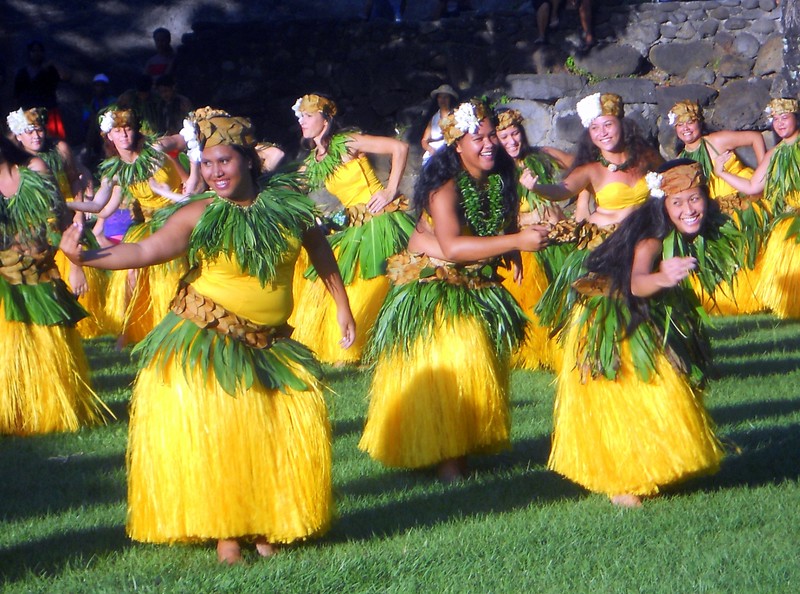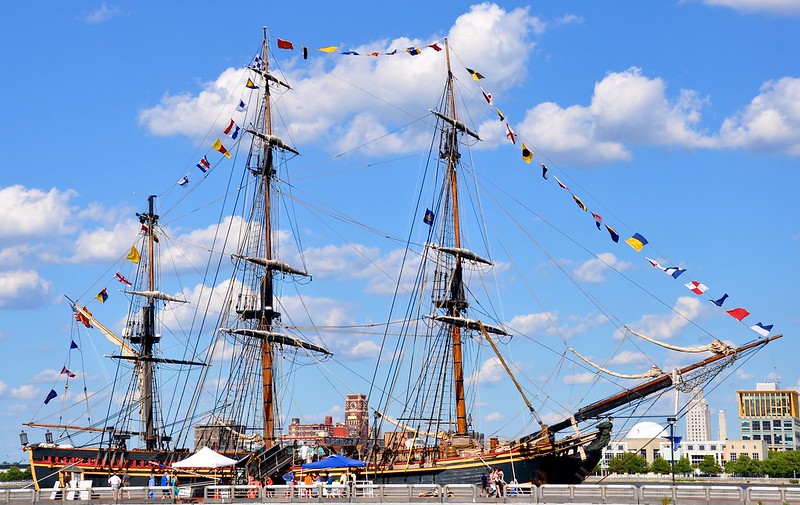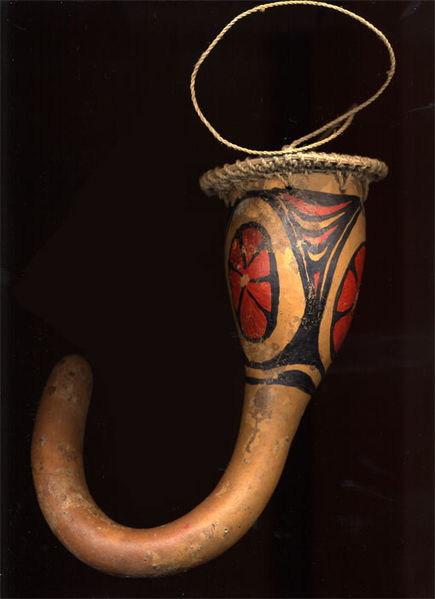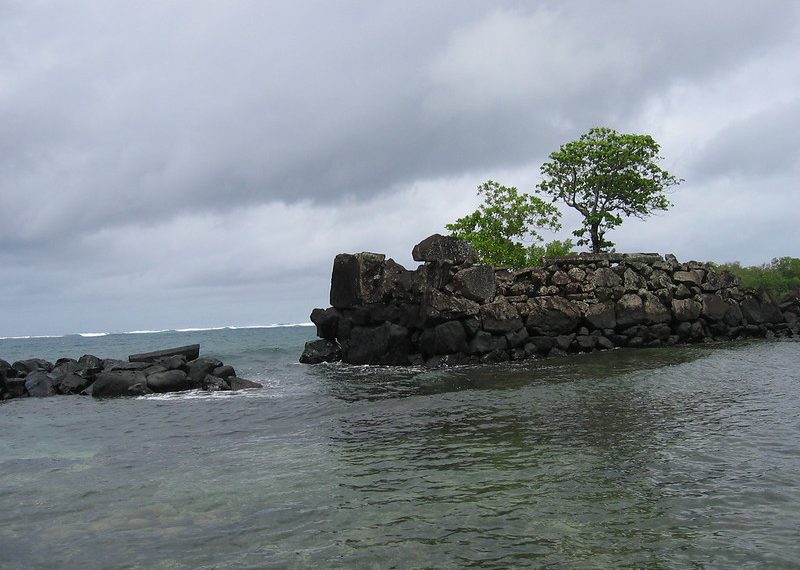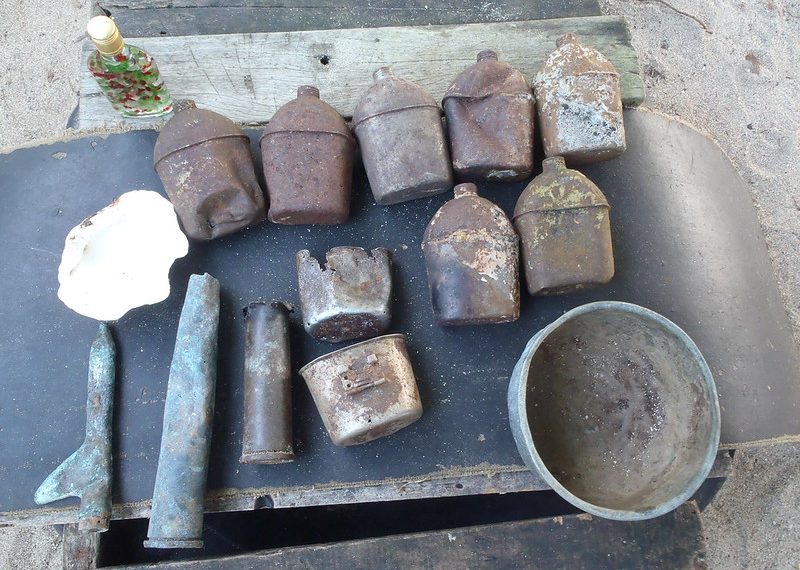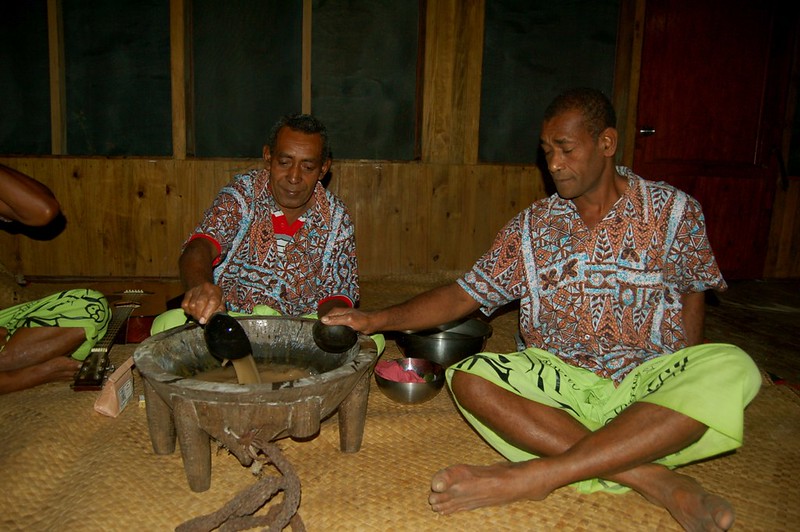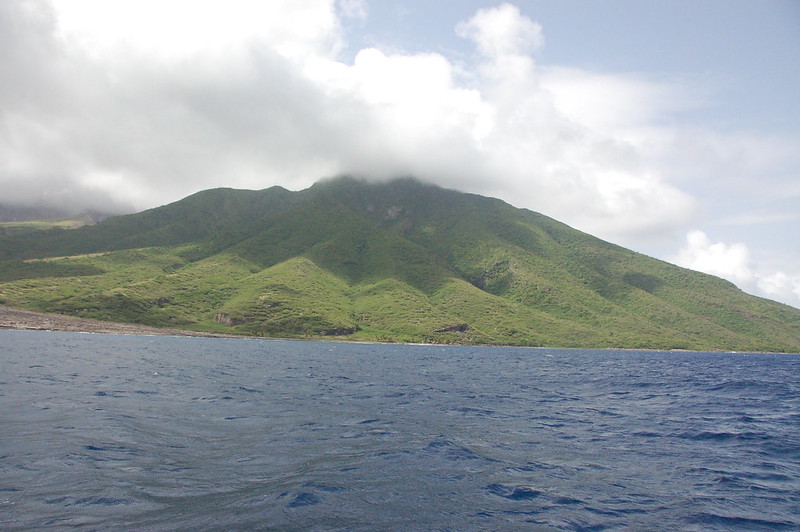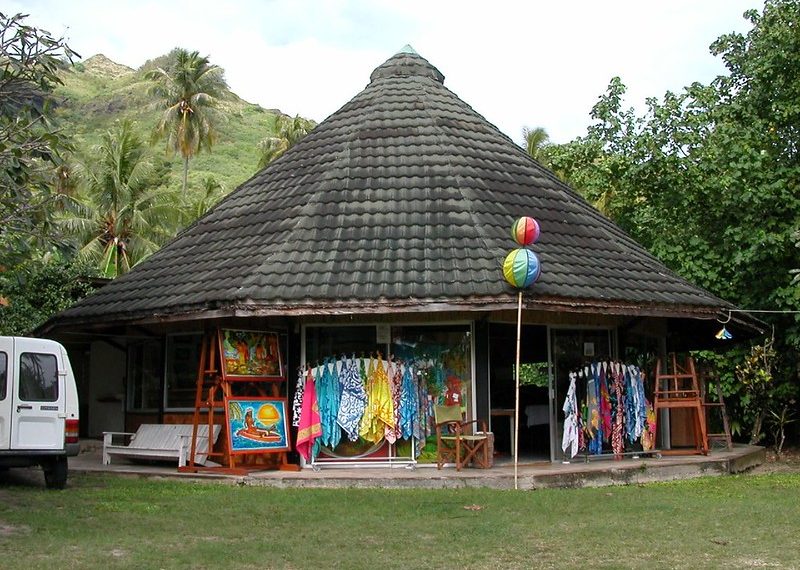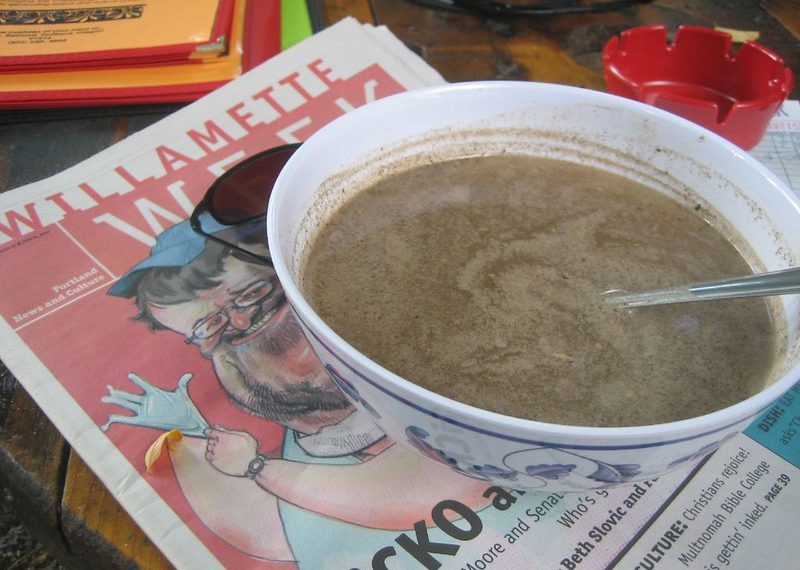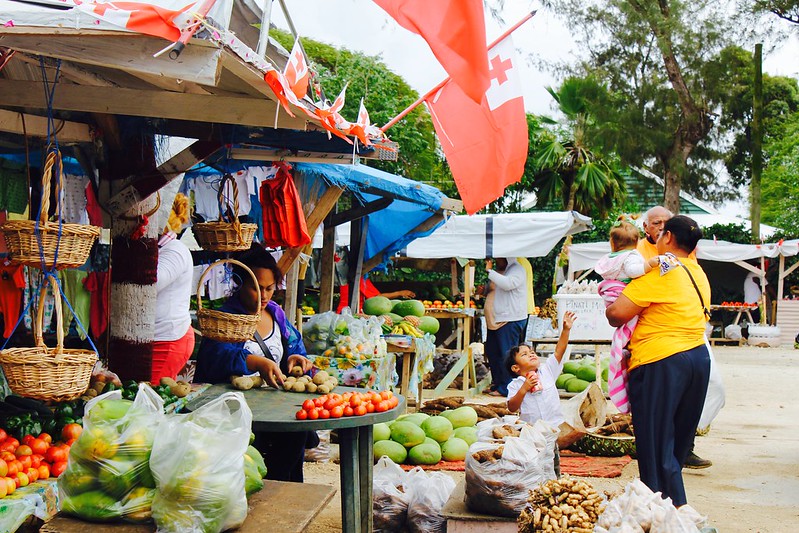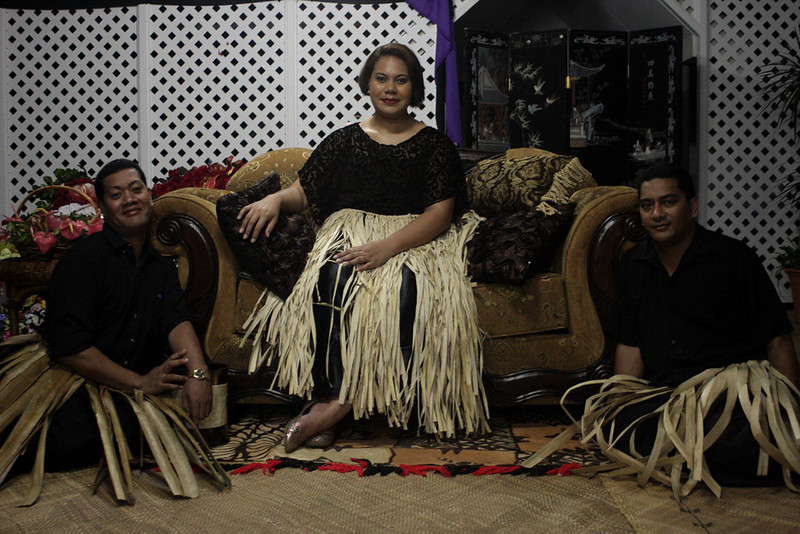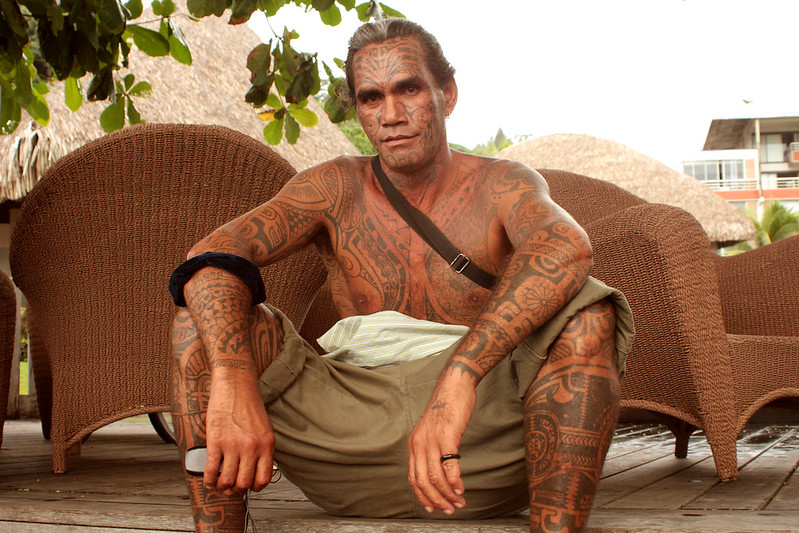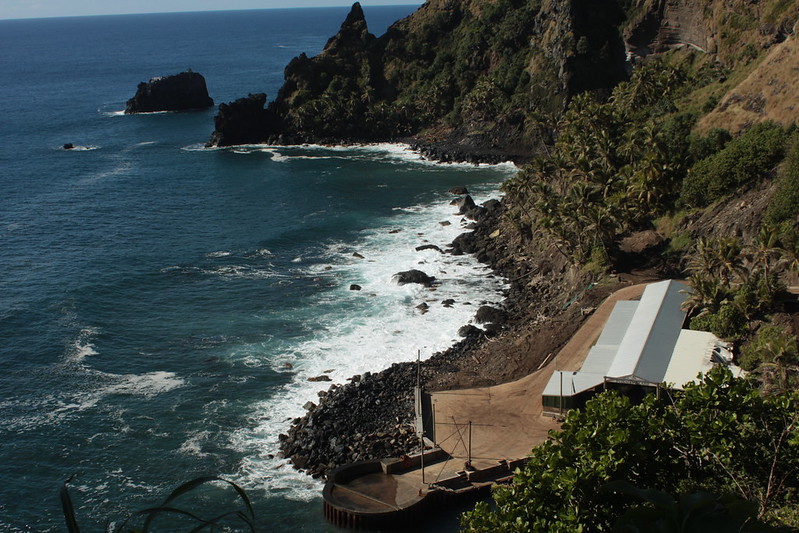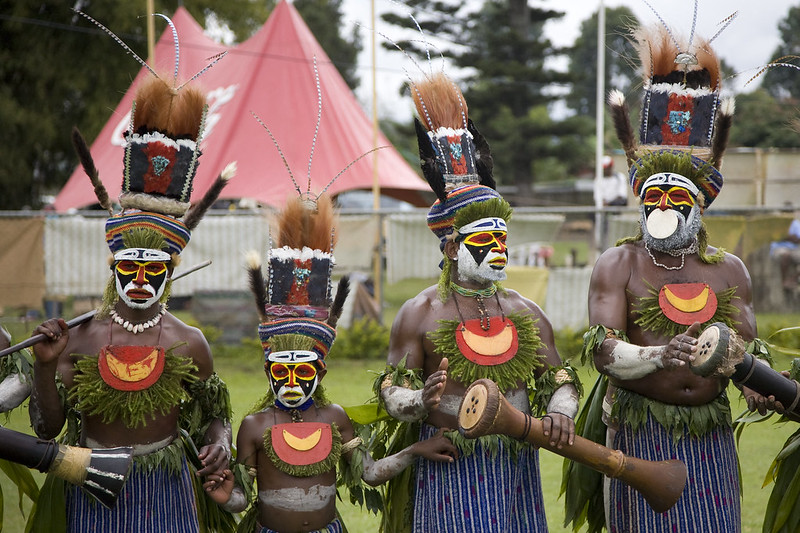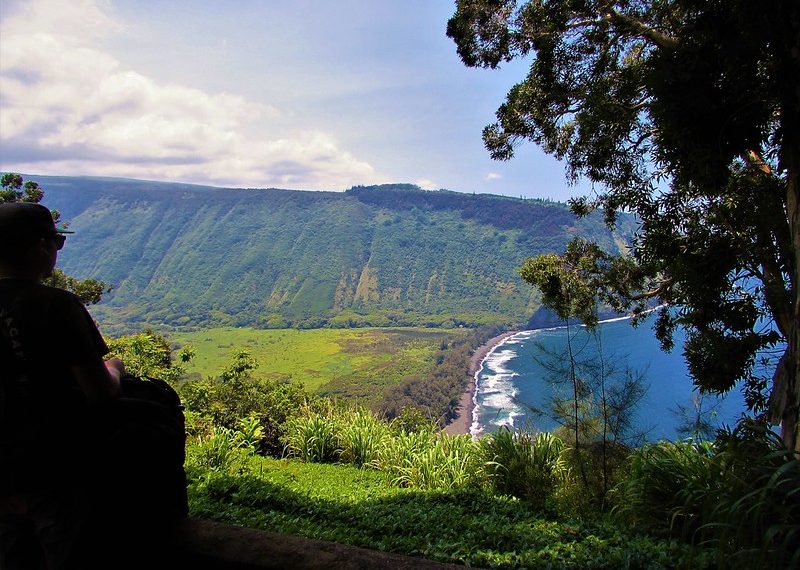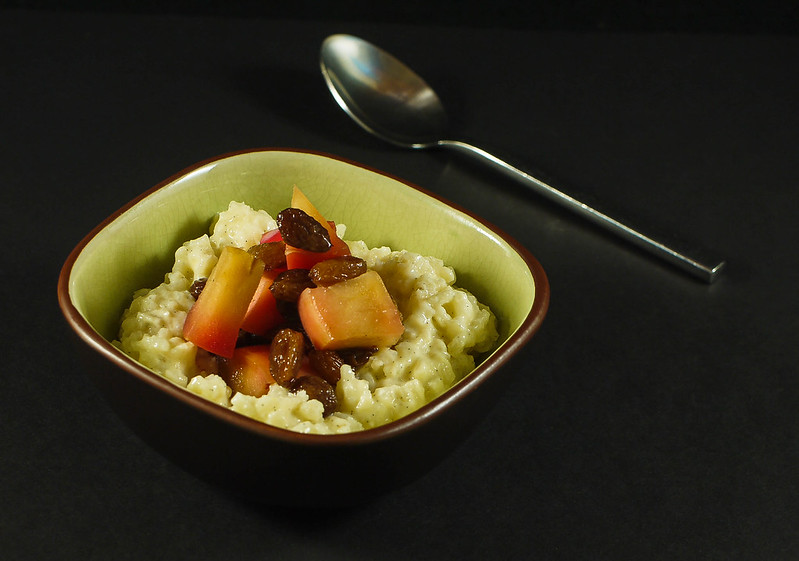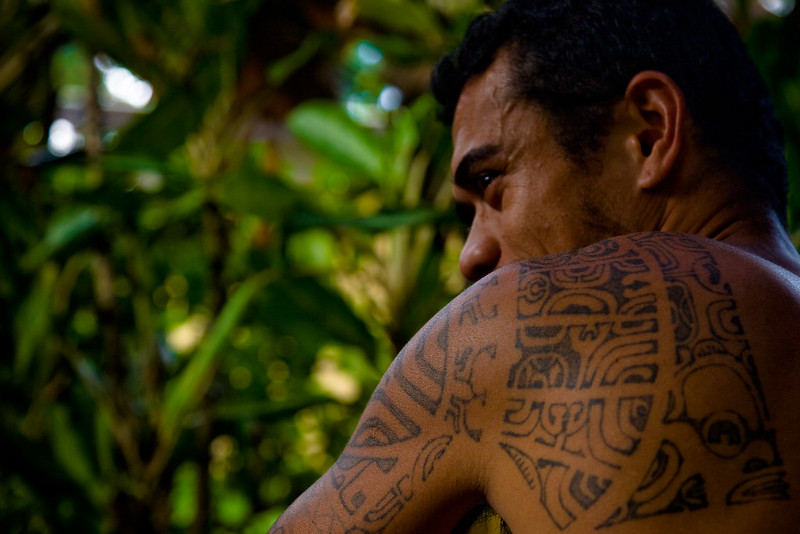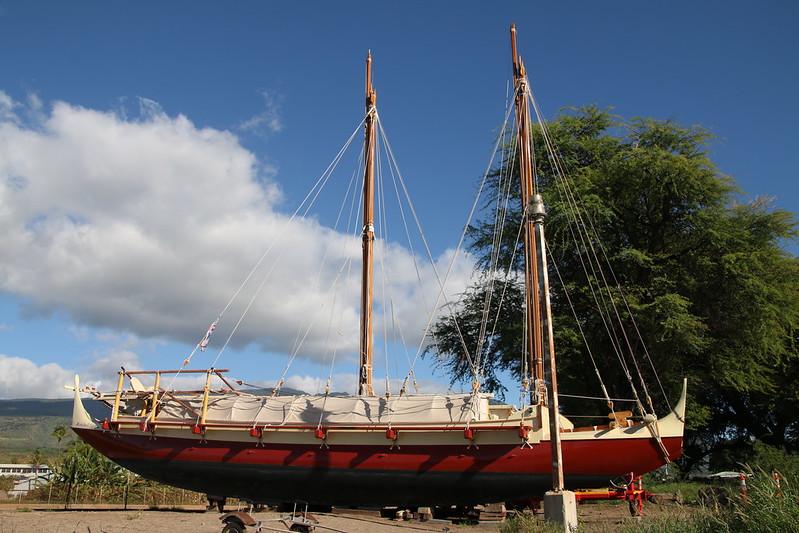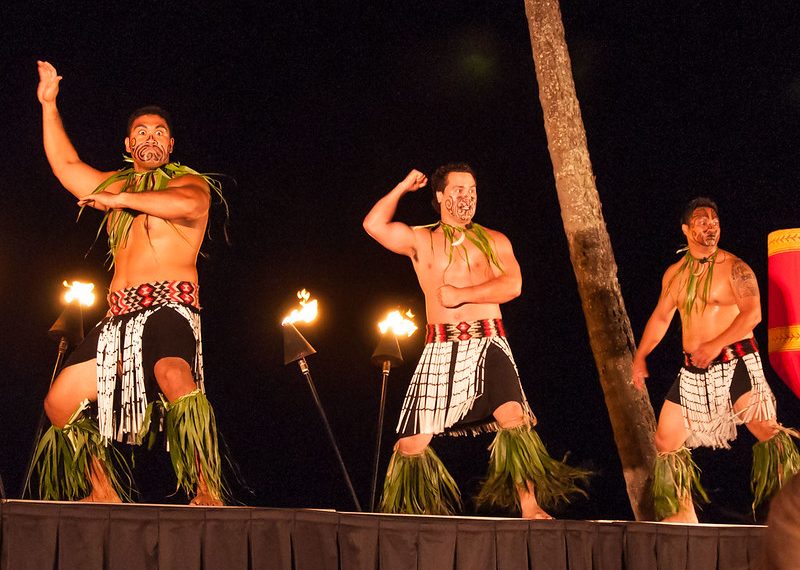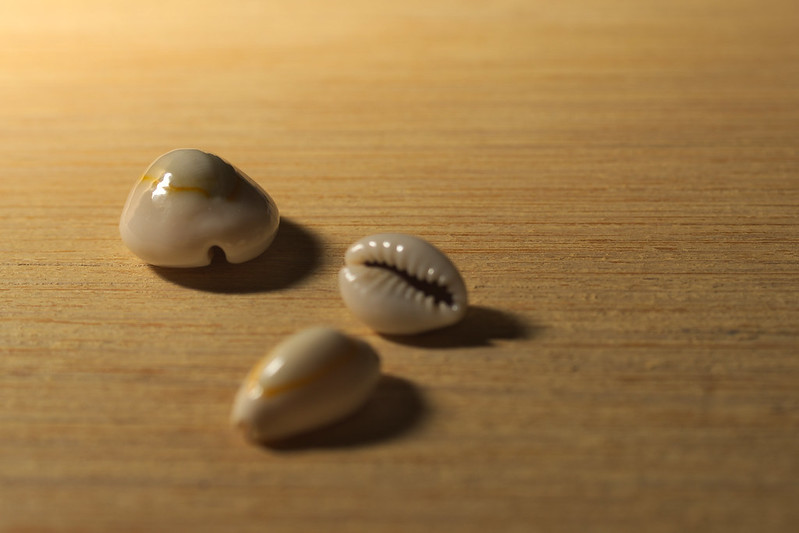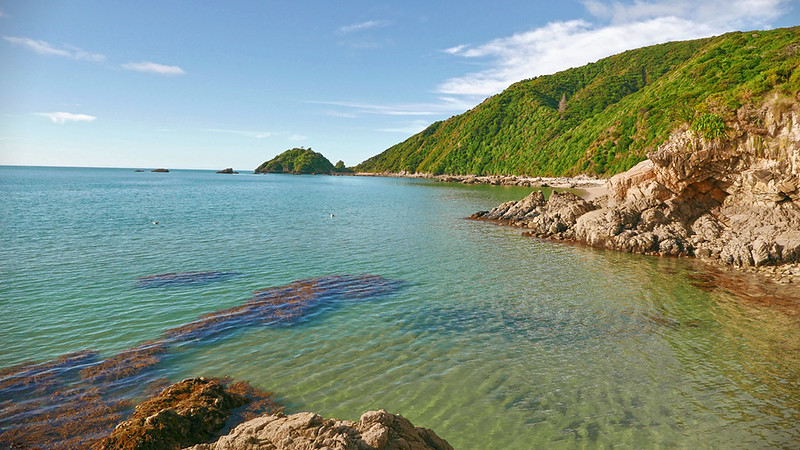Dress
Dress codes can be quite strict especially in the less touristy islands. Casual light summer clothes such as shorts and T-shirts are ideal, although very short shorts and halter necks for example are seen as inappropriate. Women should wear a skirt long enough to cover their legs when they’re seated.

Food
Staple foods of the Pacific Islands include root crops such as Cassava, Taro and Yams. Coconuts are plentiful and, in season, so are guava, pineapples, mangoes and other fresh fruits. Kava, a drink made from crushed pepper roots, is made throughout all the islands, and plays an important part in traditional ceremonies.
Language
Fiji
The official language is English although Fijian dialects are spoken by the indigenous population and Fiji-Hindi is spoken by the Indian population.
Solomon Islands
English is the official language although Pijin English is probably more widely spoken. There are also 67 official indigenous languages in the solomon islands, although around 10 of these have less than 200 speakers.
Vanuatu
Pijin English called ‘Bislama’ is most widely spoken but there are also more than 100 indigenous languages. French and English are also spoken. Vanuatu has the highest concentration of different languages per head of population than any other country in the world.
Cash
Fiji
Currency is the Fijian dollar
$1 US = 2.4 Fijian dollar
1 Euro = 2 Fijian dollars
Check with your local currency exchange bureau or the Currency Converter for up to date information.
Fiji is one of the least expensive countries in the south pacific. If you are on a tight budget, you can probably get by on US$ 30-40 a day, although the island caters well for tourists and there’s lots to spend your money on if you want.
Solomon Islands
Currency is the Solomon Islands Dollar although banks call it the SBD from when it used to be called the Solomons British Dollar. In the capital, Honiara, you can get by on as little as US$15 a day if you stay in self-catering accommodation.
Vanuatu
Vanuatu isn’t cheap. Even on a tight budget, staying in hostels, eating in markets and walking rather than taking taxis, you will need around US$60 a day. To live comfortably, you will need US$ 100 – 120.
Visas
Fiji
Most nationalities will be given a four week tourist visa on arrival although it is necessary to have either a return on onward ticket.
Vanuatu
Nationals of commonwealth countries, European Union, Fiji, Norway, Philippines, South Korea Switzerland and USA do not need visas, but all other nationalities do.
Solomon Islands
Most nationalities do not need a visa and will be granted the right to stay for 3 months on arrival.
Transport
Fiji
If you’re very hard up for time but not for cash, you can fly between the islands. Otherwise, regular and reliable ferries travel between the islands offering a great way to meet the locals. The larger islands also have good bus networks.
Solomon Islands
By air is by far the best way to get around. Prices vary between US$ 10 to US$100 depending on distance. Ferries can be unpredictable and fares can vary so shop around.
Vanuatu
Island hopping is perhaps best done by flying as the passenger boats tend to be irregular. On the islands, mini buses are frequent but do not follow a time table, you simple have to flag them down. Cars, 4WDs and jeeps can be hired relatively easily.
By Susi O’Neill
